10 Vitamins That Can Help You Stay Fit
Food is our body’s fuel, and just like the quality of fuel you put into your vehicle affecting its performance – so does the food you eat. Eating a balanced diet of fruits, vegetables, whole grains, healthy fats and fortified foods is enough to give your body a range of vitamins and minerals it needs to function.
But if you’re honest with yourself, you probably eat way more junk food than you’re proud of. And when was the last time you actually ate a piece of fruit? If you find yourself nodding along, you might be someone that needs to supplement your diet with vitamins. Here are 10 of the most important nutrients your body needs a replenishing supply of:
1. Beta Carotene
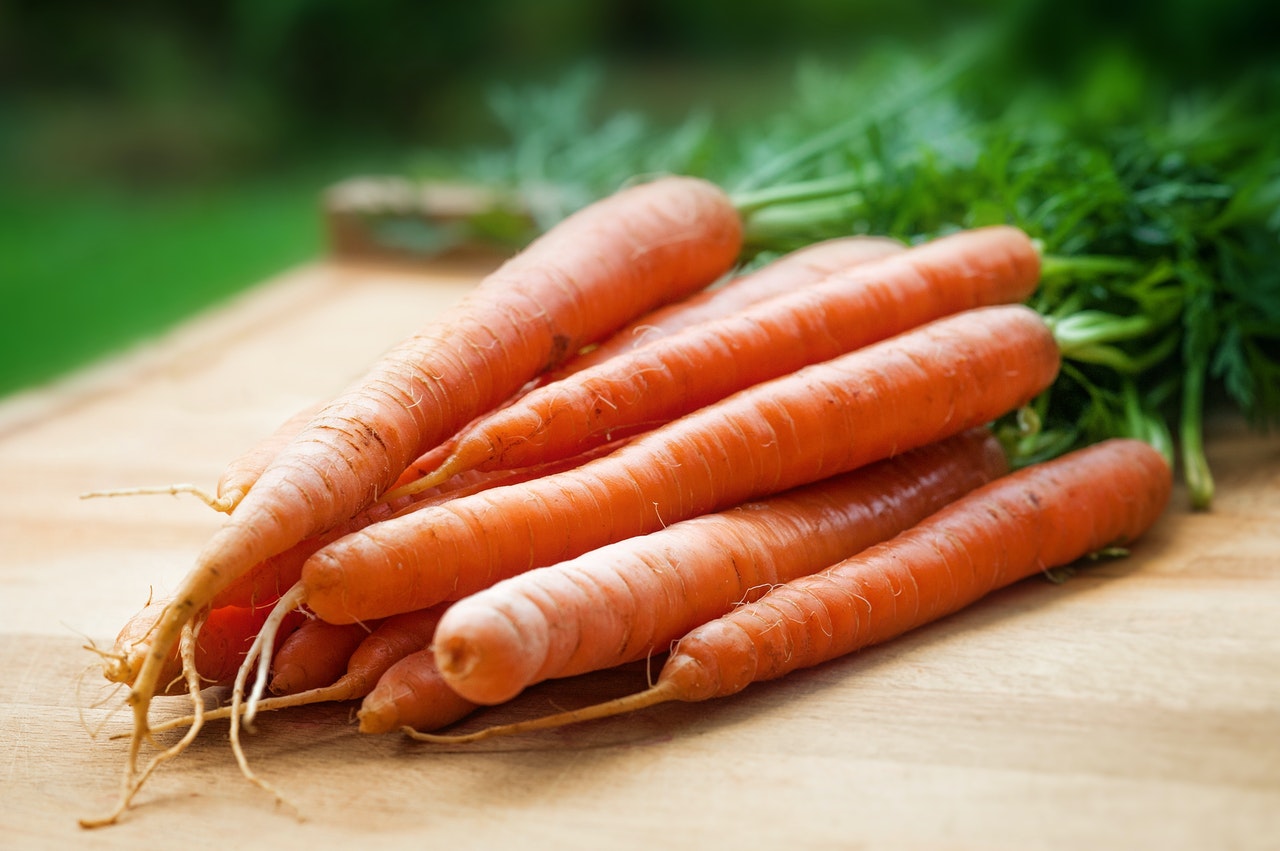
You’ve probably heard that antioxidants are good for your body, but how do you actually make sure you’re getting enough of them? One of the most important types of antioxidants is beta carotene, which converts vitamin A in the body. You can find this vitamin in several fruits and vegetables, including carrots, sweet potatoes, green peppers, etc.
On the other hand, taking in excessive beta carotene may actually lead to an increased risk of certain types of cancers and lung disease, especially in chronic smokers. The RDA recommends vitamin A consumption to be a maximum of 3,000 IU for men and 2,300 IU for women, although there are no mentions of beta carotene itself. In general, you probably won’t overdose of beta carotene no matter how many fruits and vegetables rich in it you eat, however, you’ll want to be careful if you decide to take it as a supplement.
2. Calcium

We all know that calcium is good for our teeth and bones, but how many of us make sure we are getting enough of it in our diets? Most people are also aware that calcium is abundant in dairy products like milk, cheese, and yogurt but those that are dairy-averse can get their fix from other foods like kale and canned sardines.
You could also choose to take a calcium supplement, although in this case, you may also want to take a vitamin D supplement to improve absorption. However, those with kidney stone issues or women over the age of 70 need to be very careful before taking calcium supplements.
3. Vitamin D

When was the last time you spent some time in the sun, that too when it was positioned at 50 degrees or higher above the horizon (ideally directly overhead)? We’re only asking because this is apparently the perfect position for the sun to stimulate vitamin D production in your body.
Forget about going out at very specific times, most of us don’t go out at all anymore! With our lives revolving around indoor spaces, people are getting less exposure to the sun than ever. But then how can you get the all-important vitamin D? Well, you could get it from your diet through foods like fortified milk or fatty fish, or you could take a supplement! Make sure to get your levels checked out by a doctor before going that route.
4. Folic Acid
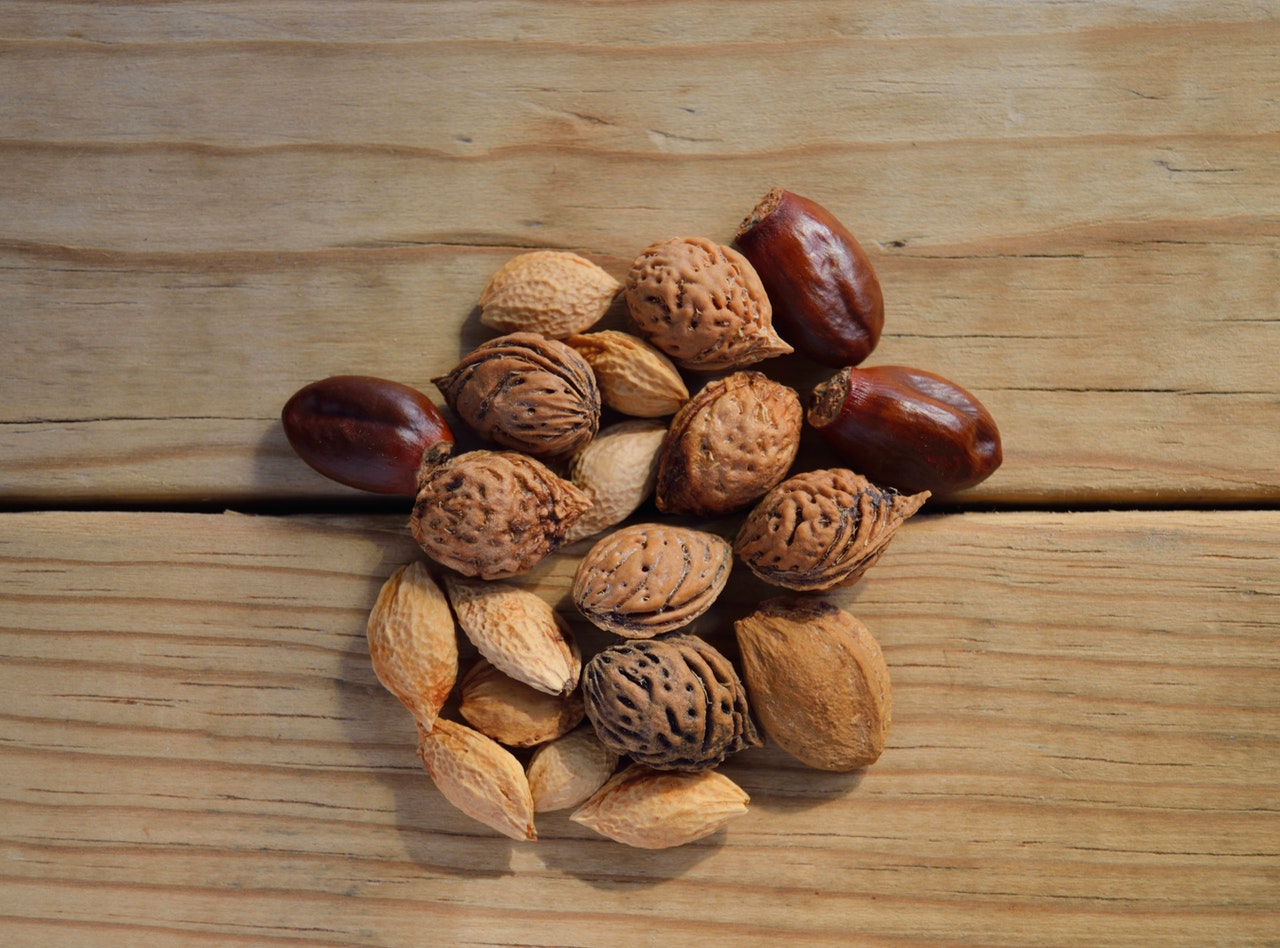
A B vitamin called folate or folic acid is regularly prescribed to women who are pregnant or planning to get pregnant since it helps in the development of the growing fetus and prevent neural tube defects. But folic acid is also vital to people who aren’t pregnant, as it can help reduce the risk of several life-threatening illnesses like heart disease, breast cancer, anemia, and age-related brain deterioration.
Folate is present in several foods, specifically in dark leafy greens, legumes, and citrus. You can also get a dose of folate through fortified breakfast cereals, bread, or pasta. It can’t hurt to take a supplement either. Pregnant and nursing mothers are usually prescribed 600 mg folic acid tablets daily, but non-pregnant women can do with just 400 mg.
5. Iron

Iron is an ideal mineral that helps your red blood cells function to the best of their capacity. A lack of it results in anemia, which is not a pleasant outcome. You can get your daily dose of iron by eating plenty of leafy green vegetables, lean meats, seafood, and nuts, but the best source of iron is probably organ meat.
An iron supplement isn’t necessary unless you’re pregnant, anemic, or eat nothing but candy. Menstruating women may also be prescribed iron tablets for the 5-7 days that their period lasts. However, the level of iron a person needs depends heavily on age, gender, and health status so it’s always best to get a recommendation from the doctor.
6. Potassium
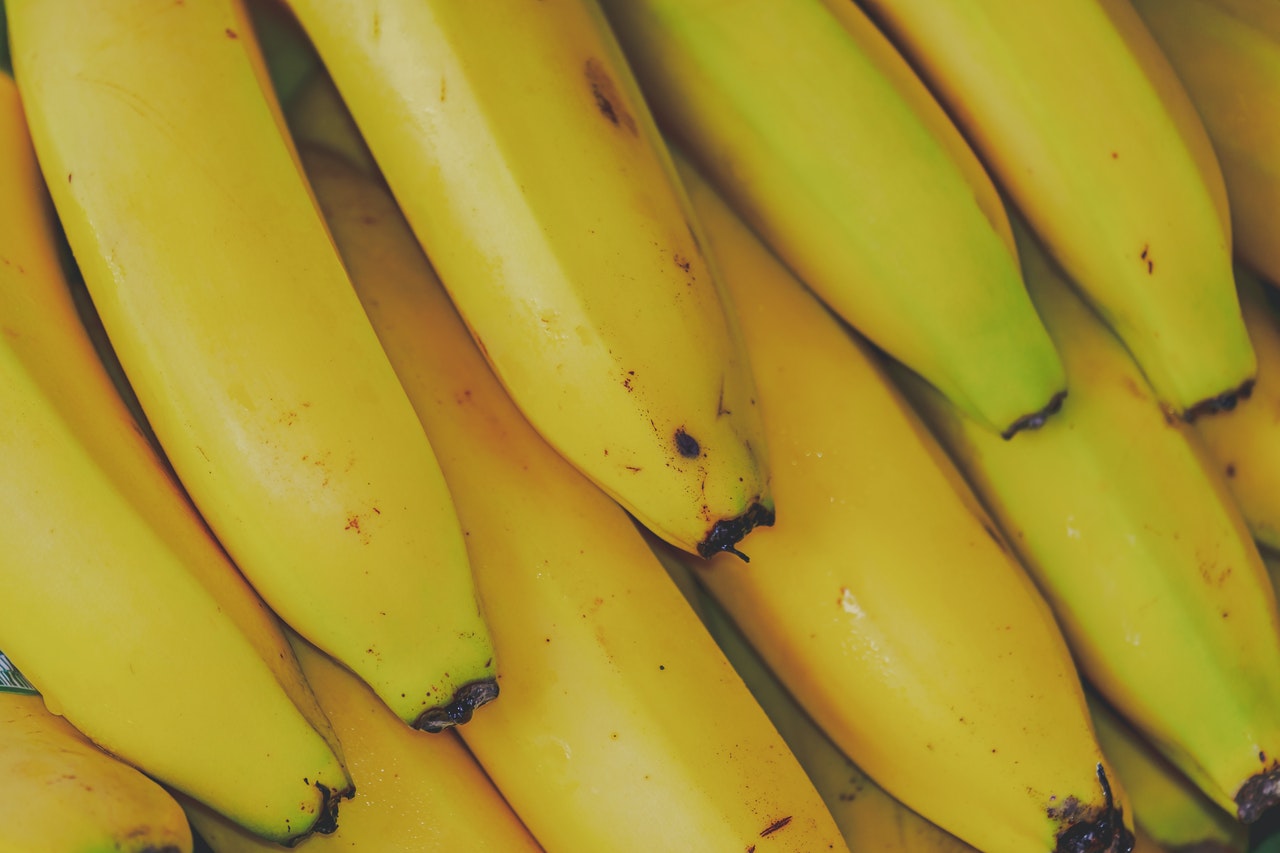
Working in harmony with sodium, potassium is responsible for keeping your risk of heart disease and strokes at bay. However, modern diets contain way too much sodium and not enough potassium at all. You can rectify this by including plenty of leafy greens, bananas, raisins, and oranges in your diet.
An average adult needs about 4,700 mg of potassium daily, while pregnant women need a bit more at 5,100 mg. Supplements are a great way to ensure you get enough of this important nutrient, especially for those that take potassium-depleting diuretic medications for heart-related problems. Although “too much potassium” isn’t a likely problem, those with kidney disease or older people have to be careful to take it in moderation.
7. Vitamin K
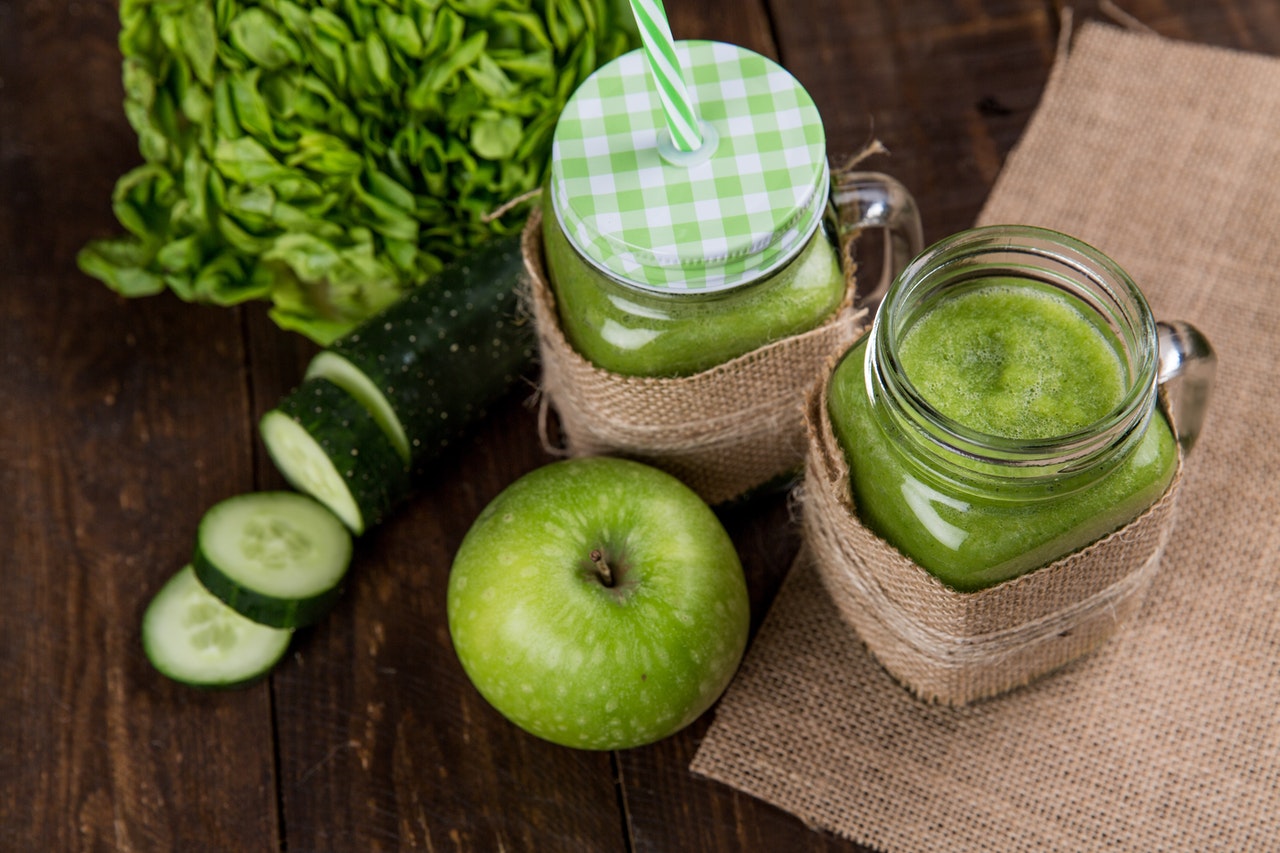
Vitamin K doesn’t have many jobs, but the one job it has is pretty important. It is responsible for making sure your blood clots, and a lack of vitamin K can lead to excessive blood loss in case of an injury. Blood-clotting deficiencies can lead to life-threatening consequences.
Foods like meat, eggs, cheese, and leafy greens are abundant sources of vitamin K, of which the recommended daily intake is 120 mg for men and 90 mg for women. Although vitamin K deficiencies are unlikely in healthy adults, it’s more common in infants. To rectify this, hospitals administer vitamin K shots to newborn babies.
8. Vitamin C

Vitamin C is one of the most important nutrients your body needs. It can help in the prevention of several conditions from cardiovascular diseases to eye disease and prenatal health problems. It can even help your skin by keeping it radiant and free of wrinkles!
In a nutshell, vitamin C is one of the most important players in keeping your immune system at top condition and preventing any deficiencies in it. While it may not prevent a common cold, it will help strengthen your immune system and help it fight it off better.
You can get your daily dose of vitamin C (RDA of 90 mg for women and 75 mg for men) through several fruits and vegetables from citrus, berries, broccoli, and peppers. It can’t hurt to also take a supplement if you feel like you need it!
9. Vitamin E

Another antioxidant, vitamin E, protects your cells, inside and out, from free radicals. Vitamin E fortifies your immune system and slows down macular degeneration. You can get your daily dose of vitamin E from foods like leafy greens, fruits, vegetables, peanuts, eggs, etc.
Vitamin E has an RDA of 33 IU, but it’s best to not take it in the form of a synthetic supplement unless a doctor recommends it. This is because an excess of it could cause brain bleeding. Don’t worry, you’re not likely to overdose on vitamin E by eating fresh and healthy foods. However, you could also use it without actually ingesting it. It’s great for your skin, which is why you’ll see a lot of skincare products boasting vitamin E!
10. Multivitamins
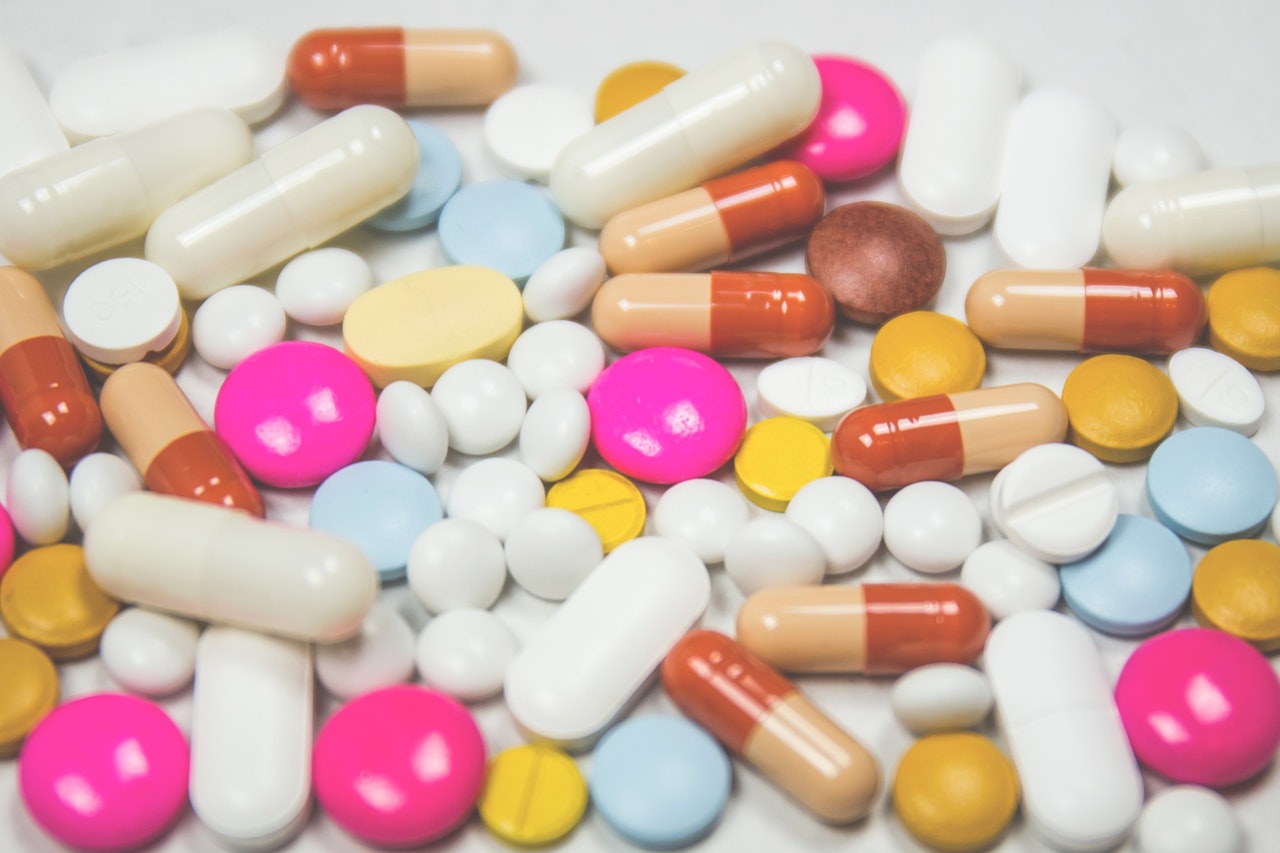
Experts have debated the pros and cons of multivitamins for a long time, and scientific research has shown mixed results. There’s no actual evidence that daily intake of multivitamins can reduce the risk of things like heart disease, cancer or diabetes. However, we know a lack of nutrients in your daily diet can affect your health so most people use multivitamins to sort of “fill in the gaps”.
If you do choose to go for a multivitamin, one that isn’t too much of anything is best. it’s better not to take individual supplements unless a doctor recommends it.

Having read through all of that, you may have found one thing to be abundantly clear: eating healthy foods, especially fresh fruits, vegetables, and leafy greens is the best course of action. Although our diets may not have enough of all of the essential nutrients currently, a little bit of research can help you draw up the ideal meal plan that includes a variety of foods rich in everything your body needs. However, for people who have medical conditions, are extremely busy or just are picky eaters, these are the 10 minerals and vitamins that you need to focus on.
